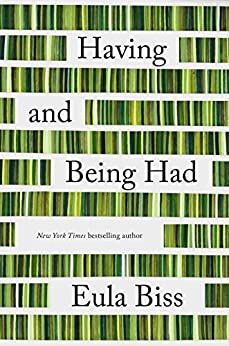The witch hunts, Federici argues, weren’t about superstition or religion so much as they were about suppressing the rebellions of women. In feudal Europe, peasant women lived under the authority of a lord, who claimed possession of them. But they had a kind of economic power that women wouldn’t have again for hundreds of years. Peasant women were often partners in holding land, and they could inherit property. The work they did in their homes and gardens was considered real work with real value. They produced cloth and soap and medicine. Later, as cities grew, women worked in hundreds of
...more
Welcome back. Just a moment while we sign you in to your Goodreads account.


